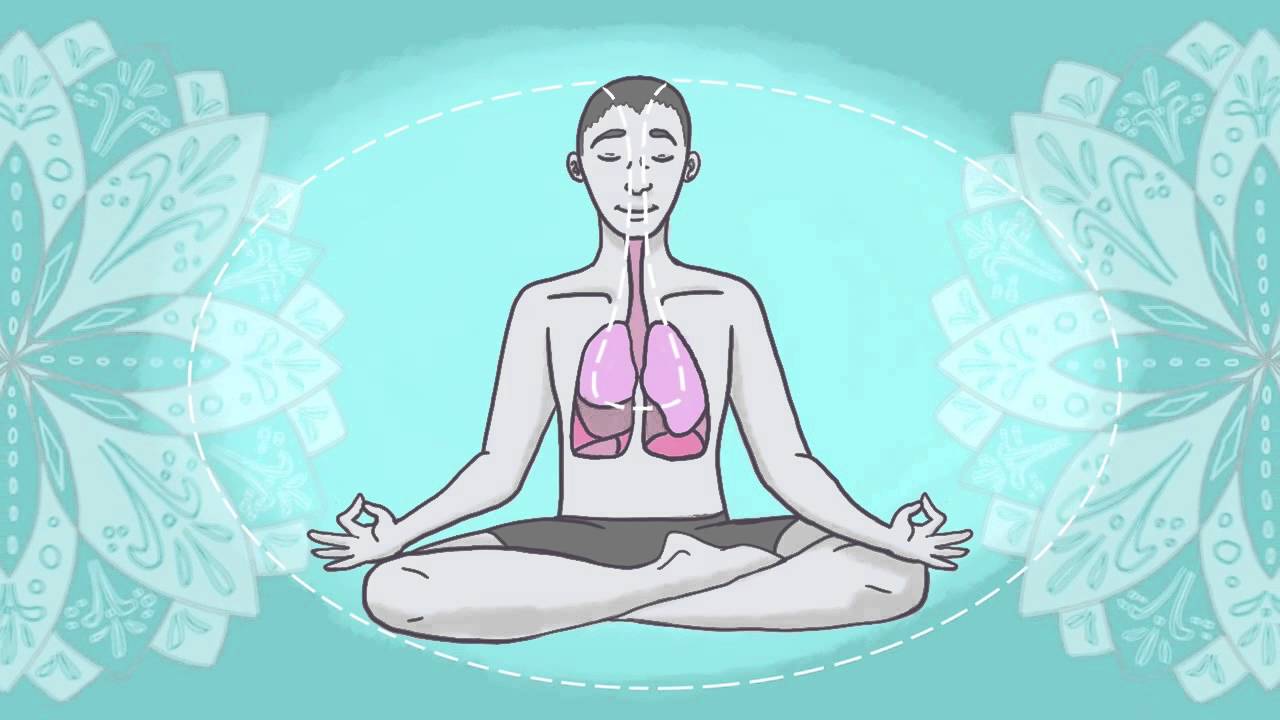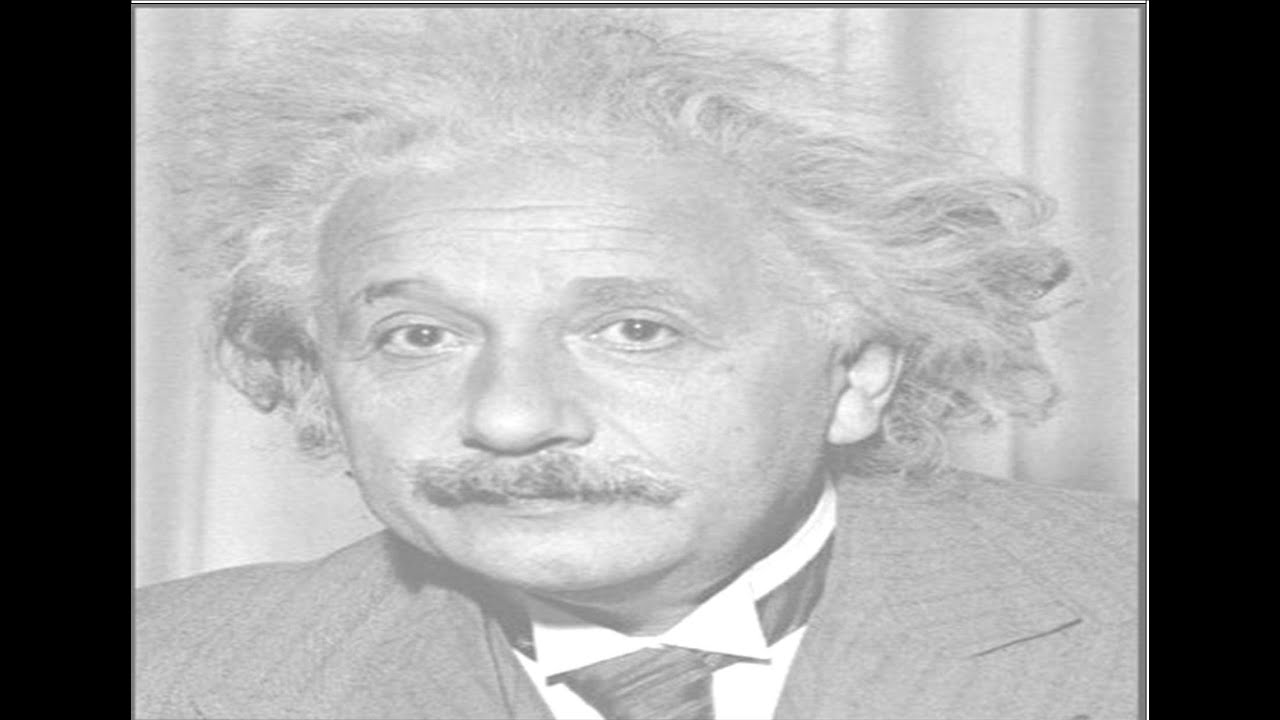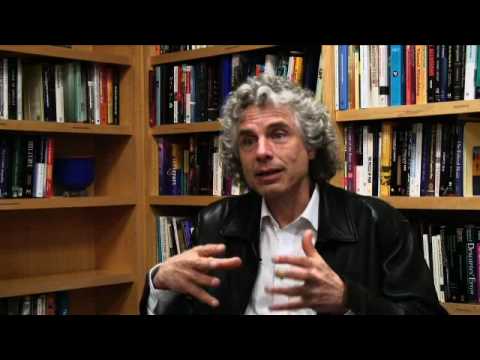MindfulNEWS
If you love Mindfulness – check out my new video about the root cause of stress and how Mindfulness can help. *click the bell for alerts on new content and subscribe:)
For guided meditations and more information, visit https://www.mindfulnews.uk/
Love Gui
Source
What is Mindfulness? Simple answers, profound meaning.




The second narrator sounds like Zed Outdoors
I can
Why Mindfulness is just Rest
Take a day at the beach, a million folks looking at blue waves, being in the moment. Are they being mindfulness, or just relaxing? Methinks they would think the latter. Of course, they are being mindful inadvertently, while mindful practitioners are careful to put a name tag on the practice, like Bayer labeling generic aspirin and charging double for it. Still, to call it rest is to eliminate the profitable narrative that mindfulness is anything other than a resting procedure. Being non-judgmental and in the moment has been called rest from the beginning of time, but rest is a bit more complex than one would believe. Indeed, resting states are pleasurable because they induce opioid activity in the brain, while non-resting states (tension) inhibits it.
But no need for further explanation here, just a simple proof you can try at home. Just get in the moment (you know, being mindful), and anticipate and/or pursue productive work for periods of a half hour or so. The result, you will feel relaxed and stimulated, a veritable state of ecstasy or ‘flow’. This has something to do with a topic in neuroscience called dopamine-opioid interactions, which means that pleasure is enhanced when we are attentively aroused. But more on that below.
I offer a more detailed explanation in pp. 47-52, and pp 82-86 of my open source book on the neuroscience of resting states, ‘The Book of Rest’, linked below.
https://www.scribd.com/doc/284056765/The-Book-of-Rest-The-Odd-Psychology-of-Doing-Nothing
This above book is based on the research of the distinguished neuroscientist Kent Berridge of the University of Michigan, a preeminent researcher and authority on dopamine, addiction, and motivation, who was kind to vet the work for accuracy and endorse the finished manuscript.
Berridge’s Site
https://sites.lsa.umich.edu/berridge-lab/
also:
Meditation and Rest
from the International Journal of Stress Management, by this author
https://www.scribd.com/doc/121345732/Relaxation-and-Muscular-Tension-A-bio-behavioristic-explanation
So.. western society comes with e new name to Buddhism..
thanks it helped
Mindfulness, Meaning, and Neuroscience
Mindfulness, for all its undeniable virtues, can nonetheless be boring, as ‘acting non-judgmentally in the moment’ cannot inhibit the basic human need to perceive future novel and positive outcomes. But one can indeed act non-judgmentally and still pursue singular and meaningful ends, and not only extend daily mindfulness, but enhance positive affect to boot. The procedure is easy, simply follow your usual mindfulness protocols, and simultaneously pursue or anticipate pursuing meaningful behavior (e.g. cleaning house, writing poetry, exercise, etc.). Do this continuously for standard sessions of a least a half hour and chart your progress. You will be more pleasurably alert, engaged, and incented to continue being mindful. Neurologically, this is due to ‘opioid-dopamine’ interactions, or the fact that mindfulness induces a state of deep rest, which is pleasurable due to the induction of opioid activity in the brain. Meaningful activity on the other hand induces dopaminergic activity, which is felt as a state of alert arousal. Opioid and dopamine neurons are located proximally in the midbrain, and when both are simultaneously activated will also co-stimulate each other, resulting in enhanced feelings of arousal and pleasure. Indeed, when rest is accompanied by highly meaningful behaviors (creating art, athletic prowess), pleasure and alertness are highly accentuated, resulting in ‘peak’ or ‘flow’ experiences.
So there is my procedure and prediction, which of course you can prove or falsify for yourself, give or take an hour!
(and best of all, no need here for web apps, books, seminars, or lessons. The best things in life, and lessons in life, should be free!)
This interpretation is based on the work of the distinguished neuroscientist Kent Berridge of the University of Michigan, a leading theorist on emotion and incentive motivation, who was kind to vet the work for accuracy and endorse the finished manuscript.
Berridge’s Site
https://sites.lsa.umich.edu/berridge-lab/
I offer a more detailed theoretical explanation in pp. 47-52, and pp 82-86 of my open source book on the neuroscience of resting states, ‘The Book of Rest’, linked below.
https://www.scribd.com/doc/284056765/The-Book-of-Rest-The-Odd-Psychology-of-Doing-Nothing
also:
Meditation and Rest
from the International Journal of Stress Management, by this author
https://www.scribd.com/doc/121345732/Relaxation-and-Muscular-Tension-A-bio-behavioristic-explanation
Thanks so much for this! Our channel is completely focused on mindfulness and incorporating it into your life 🙂
This explanation is excellent!
If the brain is a muscle that can be exercised it must also be able to be relaxed.
Blue lion is a choose from your mind when you face positive or negative situations . Simple answers might be a profound meaning, exercise can give you new length to see yourself and outside. Enjoy your life and be happy!!
I want to be a lion not lieng.
Profound Relaxation: Why Meditation is Rest
A defining characteristic of meditative procedures is that they are practiced intermittently and over set periods of time. One practices meditation or mindfulness at certain hours during the day and for certain amounts of time, generally a half hour to an hour. The reduction of perseverative cognition (worry, rumination, distraction) through meditation gives the musculature the time to completely relax, and this state of persistent or profound relaxation elicits a state of pleasure or mild euphoria due to the concomitant and sustained elicitation of endogenous opioids (or endorphins) in the brain. The sustained increase of endogenous opioids also down regulates opioid receptors, and thus inhibits the salience or reward value of other substances (food, alcohol, drugs) that otherwise increase opioid levels, and therefore reduces cravings. Profound relaxation also mitigates our sensitivity to pain and inhibits tension. In this way, relaxation causes pleasure, enhances self-control, counteracts and inhibits stress, reduces pain, and provides for a feeling of satisfaction and equanimity that is the hallmark of the so-called meditative state.
We normally do not associate relaxation with a natural high let alone deduce its benefits, and that is because we rarely have but a few minutes’ respite from the next distractive event or thought. Because it is so unusual and unexpected, it is easy to ascribe a unique meditative state to meditative procedure, an inference that is easy to demonstrate as wrong. If perseverative cognition elicits tension, then the continuous avoidance of such cognition for an hour or so will result in total relaxation and a feeling of pleasure, along with greater self-control and rationality.
from ‘The Book of Rest’, at web site doctormezmer
Yo I can't find the podcast what's the network name?
What's the difference between meditation and mindfulness?
Gents…. well done. Simple, to the point, on point… full stop. Your metaphors I shall use to share with others. Thank you for sharing this light, wisdom, and knowledge.
stealing what's yoga all about which billions failed to understand and still to this day, Yoga is beyond self and beyond the universe, acceptance of oneness, pure awareness doesn't judge or expect
Just like every meditation explanations, this doesn't actually explains what you need to do. Also judging thoughts??? This is just a fad that will blow over eventually. What if you live in present moment? and every given present is garbage, that doesn't help anything. Many people like me panic if they focus on breath so I'm out.
I became the blue lion and bit your heads off. What about that? No thinking, no non-thinking. No focusing. Roar!!
This is really interesting, lovely graphics too.
No of course it doesn't have anything to do with religion! That's why they put hinduistic pictures in the video and that's why the whole mindfulness thing comes from Hinduism/ Buddhism 🤦🤦🤦🤦🤦🤦
Great animations
Watching
'I bet you can't concentrate on the blue lion for a minute.'
Well, no; you carried on talking.
ONe of the main reasons I am vegetarian
こんにちは
I'm only 14, does this mean that if I practice mindfulness it works faster or something?